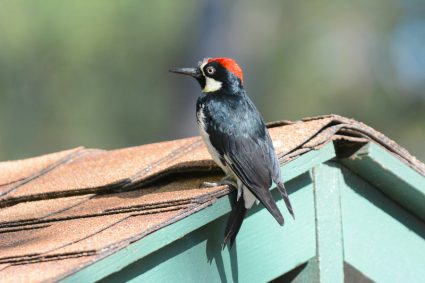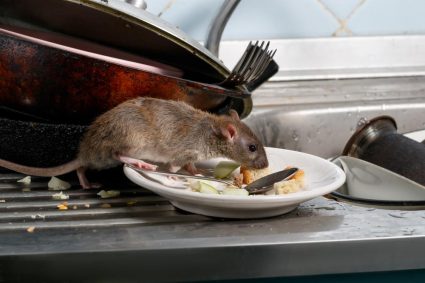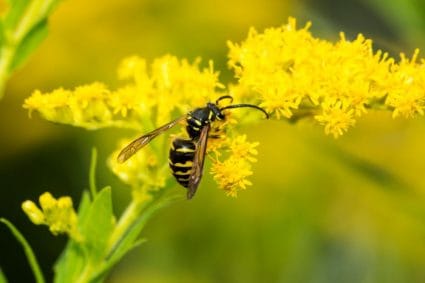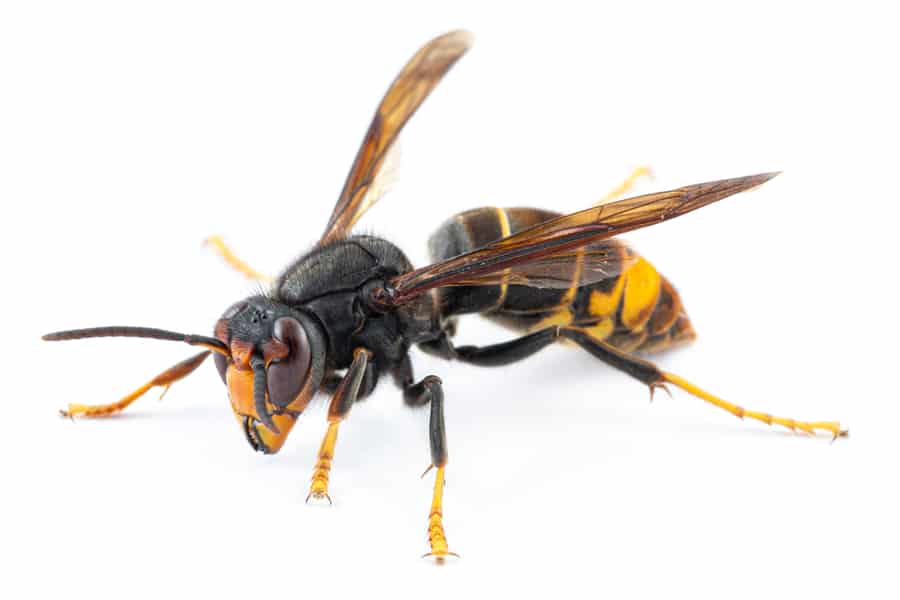
What scents are known to repel hornets?
How do these scents work to repel hornets?
Are there any precautions to take when using scents to repel hornets?
Hornets can be a nuisance and a potential danger, particularly during the warmer months when they become more active.
This article will explore commonly asked questions about what scents hornets hate and how to use them effectively.
Hornets are a common insect found in many parts of the world. While they benefit the environment, as they help control other insect populations, their stings can be painful and sometimes even dangerous.
Many wonders if there are ways to repel hornets and prevent them from entering their homes or outdoor spaces.
Fortunately, there are some natural scents that hornets hate and are known to repel them and other flying insects. They include:
- Peppermint scent
- Lemongrass scent
- Clove scent
- Geranium scent
While some of these scents are well-known, such as peppermint and eucalyptus, others may not be as commonly known but are equally effective.
These scents can be used in various forms, such as essential oils, candles, or natural insect repellent sprays, to discourage hornets from entering a particular area.
However, it is worth noting that these remedies may not be effective in all cases. In the case of a severe hornet infestation, it may be necessary to seek professional help.
Hornets are generally known to dislike certain scents, which can be used to repel them from certain areas.
In this article, we will explore some of the best scents that hornets hate, including both well-known and lesser-known options, and explain how they can be used to repel these pesky insects.
11 Scents That Hornets Hate
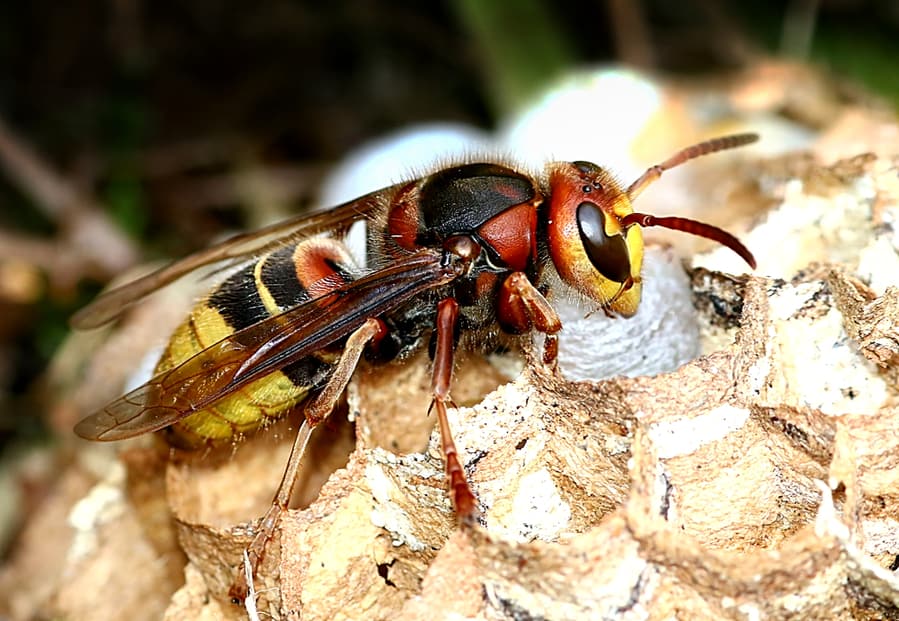
Like many other insects, hornets have a complex sense of smell.
They can react differently to different scents depending on various factors, such as the concentration of the scent, the individual hornet’s sensitivity, and the context in which the scent is detected.
While these scents may be effective in repelling hornets, it is important to note that they may not work for all hornet species and situations.
In addition, it is important to use caution when using any scent or insect repellent, as they can cause allergic reactions in some people or be toxic to pets or wildlife.
Fortunately, several scents can help to repel these stinging insects and keep them at bay. Here are some scents that are known to be disliked by hornets:
1. Peppermint Oil
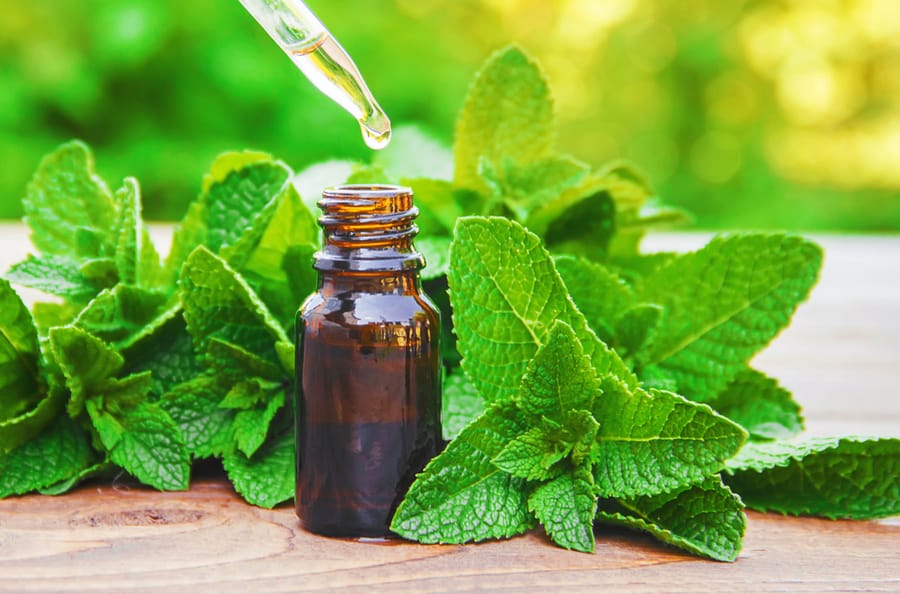
Peppermint’s strong, fresh scent is a natural repellent for hornets and other flying insects.
This is because insects rely on their sense of smell to navigate and find food, and the scent of peppermint can confuse and deter them.
Peppermint oil can be used in a spray bottle or diffuser, or fresh peppermint leaves can be placed where hornets are not welcome.
2. Geranium Oil
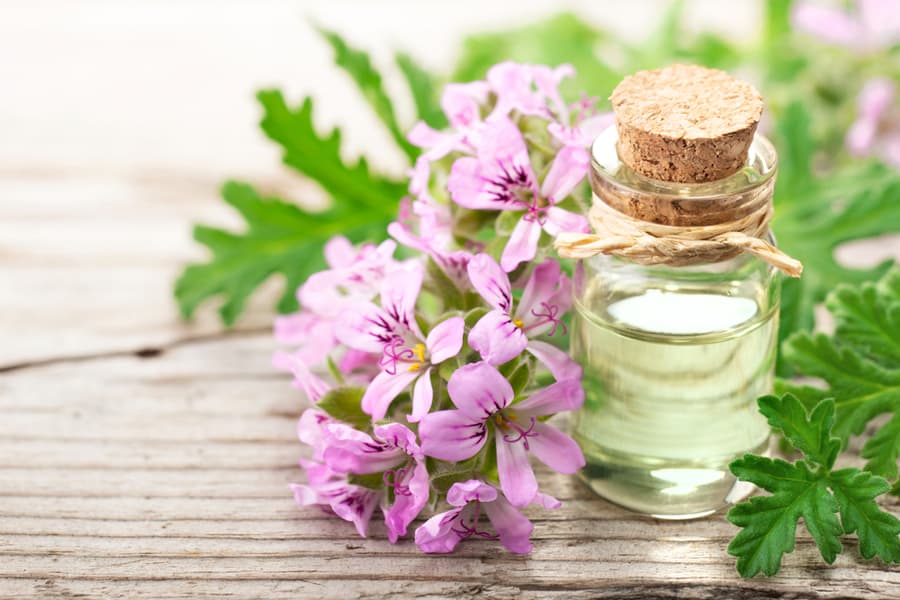
The floral scent of geranium is a natural repellent for hornets and other insects.
Geranium oil can be used in a spray bottle or diffuser to repel hornets.
3. Lemongrass Oil

The citrusy scent of lemongrass is another effective natural repellent for hornets.
Like peppermint, lemongrass oil can be used in a spray bottle or diffuser, or fresh lemongrass can be placed in regions where hornets are not wanted.
4. Clove Oil
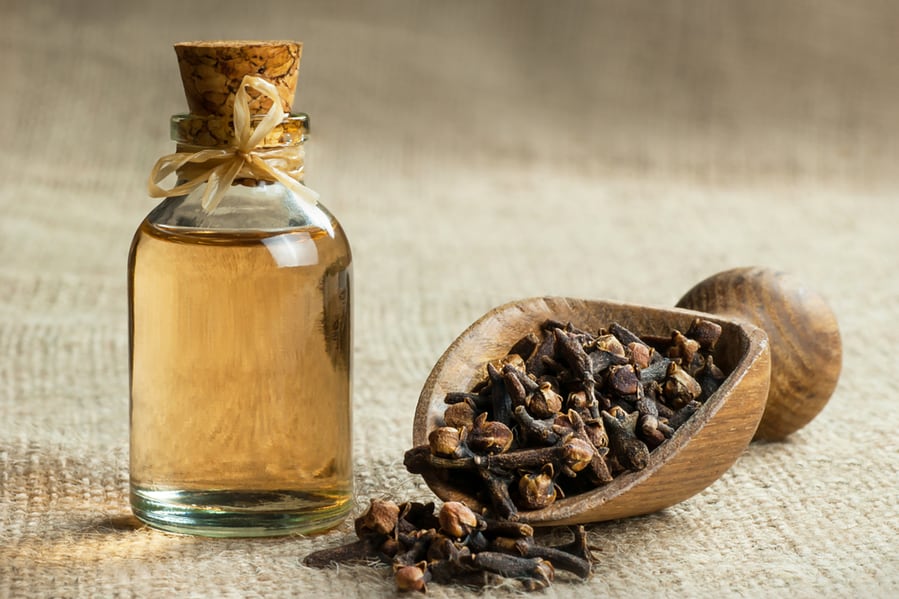
The warm, spicy scent of clove is another scent that hornets dislike.
Clove oil can be mixed with water and used as a spray or diffused in the air to deter hornets from entering a certain area.
5. Tea Tree Oil

Tea tree oil is a powerful, natural insect repellent known for its strong, medicinal scent.
It is derived from the leaves of the tea tree, which is native to Australia.
The oil can be mixed with water and sprayed on areas where hornets are not welcome, such as around doorways or windows.
Tea tree oil can also be mixed with other essential oils, such as lavender or peppermint, for an even stronger repellent effect.
6. Eucalyptus Oil

The fresh, minty scent of eucalyptus is another scent that can be used to repel hornets.
Eucalyptus oil can be mixed with water and used as a spray or diffused in the air to deter hornets from entering a certain area.
7. Rosemary Oil
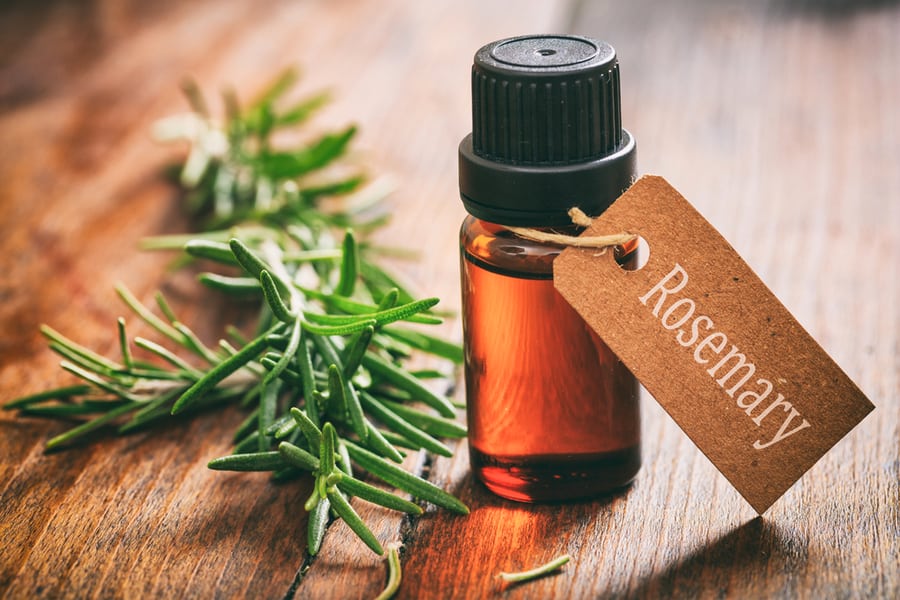
Rosemary is a fragrant herb often used in cooking but has natural insect-repelling properties.
The woody, herbaceous scent of rosemary can deter hornets from entering a certain area.
Rosemary essential oil can be mixed with water and sprayed in areas where hornets are not welcome, or fresh rosemary can be placed where hornets are a problem.
8. Cinnamon Oil
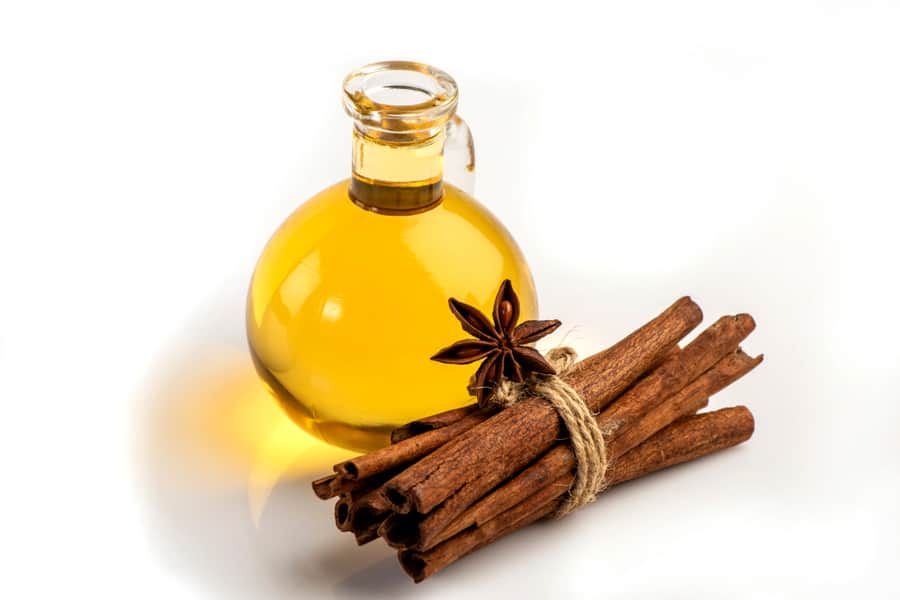
The sweet, warm scent of cinnamon is another natural repellent for hornets.
Cinnamon oil can be mixed with water and used as a spray or diffused in the air to deter hornets from entering a certain area.
9. Lavender Oil
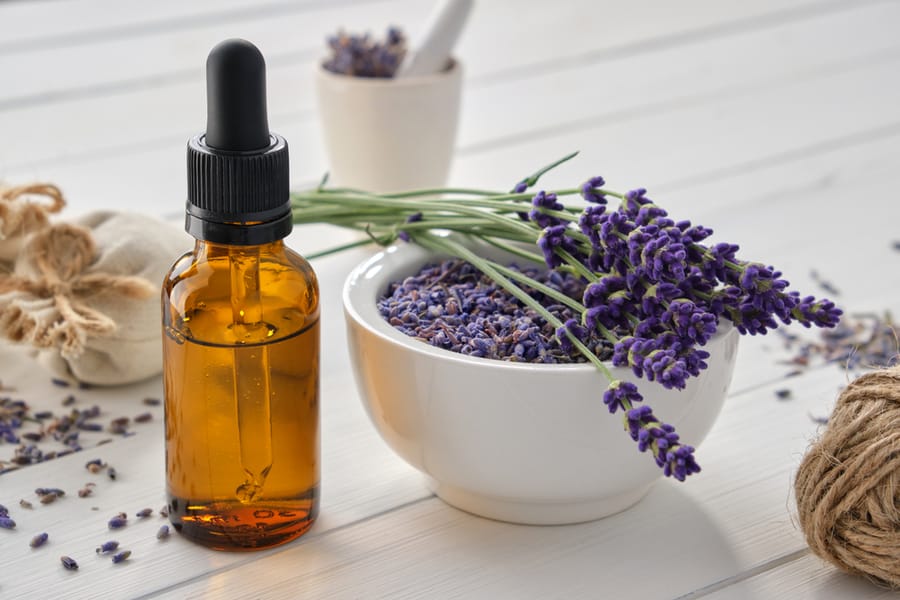
Lavender is a calming, floral scent known to repel hornets.
The scent of lavender can be overpowering to insects, and it is a natural alternative to chemical insect repellents.
The lavender essential oil can be mixed with water and sprayed in areas where hornets are not welcome, or fresh lavender can be placed where hornets are a problem.
10. Citronella Oil
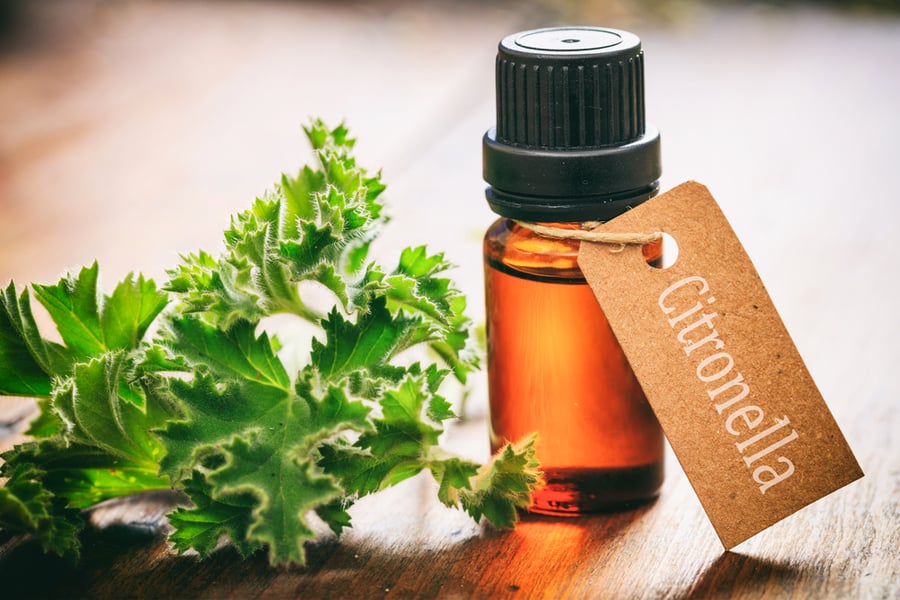
The lemony scent of citronella is often used as a natural insect repellent, including for hornets.
Citronella candles or essential oil can repel hornets from a certain area.
11. Patchouli Oil

Patchouli is a strong, earthy scent often used in perfumes and other fragrances.
It is also a natural insect repellent that can deter hornets from entering a certain area.
Patchouli essential oil can be mixed with water and sprayed in areas where hornets are not welcome, or fresh patchouli leaves can be placed where hornets are a problem.
How Do These Scents Work To Repel Hornets?
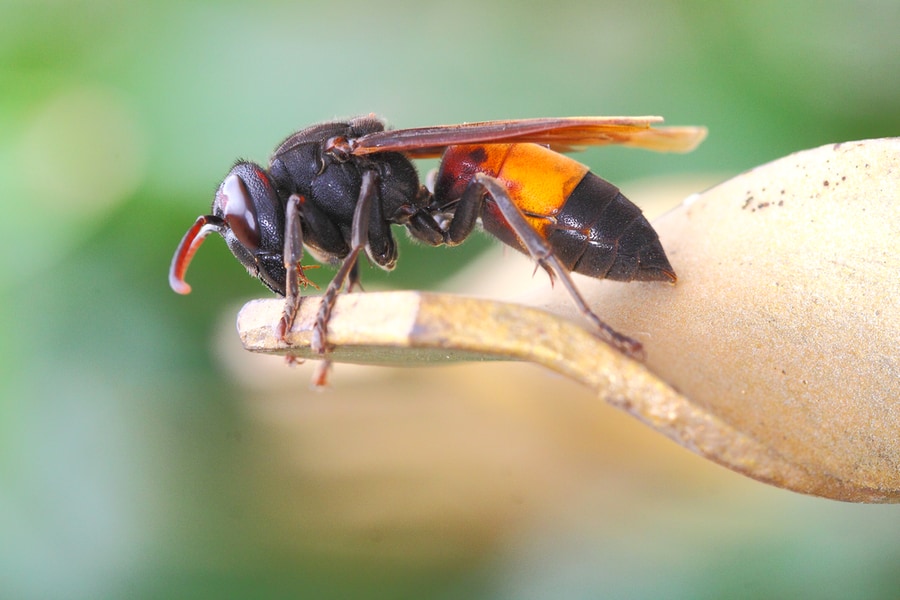
These scents, known to repel hornets, work by interfering with the insects’ sense of smell, which they use to navigate and communicate with each other. Hornets rely heavily on their sense of smell to:
- Locate food sources
- Communicate with each other
- Find suitable nesting sites
When they encounter a scent they dislike or find overwhelming, they will likely avoid the area and look for a different location.
Different scents work in different ways to repel hornets. For example, peppermint, eucalyptus, and citronella have strong, pungent scents that can overwhelm hornets, causing them to look for a different location.
Some scents, such as cinnamon and cloves, are believed to interfere with the hornets’ ability to detect their prey, making it more difficult for them to find food and establish a nest.
Other scents, such as lemongrass and tea tree oil, have natural insecticidal properties that can harm hornets by disrupting their nervous system or causing them to suffocate.
These scents can be used more aggressively to repel hornets, but they should be used cautiously as they can also harm other beneficial insects and pollinators.
All these scents work by overwhelming, confusing, or harming the hornets’ senses, making it difficult for them to find food or establish a nest in the area.
Using these scents strategically, homeowners can repel hornets and prevent them from becoming a nuisance or a danger.
Summary
Repelling hornets with natural scents they hate is a safe, effective, and environmentally friendly solution for keeping these stinging insects away from your home or yard.
Using scents that hornets dislike or find overwhelming, homeowners can discourage these pests from entering the area and avoid the potential dangers of a hornet infestation.
Natural scents provide a safer alternative to chemical-based repellents that can harm beneficial insects and pollinators.
With a little knowledge and preparation, homeowners can enjoy a hornet-free summer and protect their homes, gardens, and outdoor spaces from these pesky insects.
It is important to note that while these scents are effective in repelling hornets, they may not work in all situations or for all species of hornets.
Additionally, avoiding using these scents near food or in areas where pets or wildlife may be affected is important.
While it is important to exercise caution when using any insect repellent, some people may be allergic to certain scents or chemicals.
If you have a severe hornet infestation, it is best to seek professional help from a pest control service.
Attempting to remove a hornet nest alone can be dangerous and worsen the problem. Professional pest control services have the expertise and equipment to safely and effectively remove the nest.
Frequently Asked Questions
Are Natural Scents an Effective Way To Repel Hornets?
Yes, natural scents can be an effective way to repel hornets. Certain scents like peppermint, eucalyptus, and citronella can overwhelm hornets’ senses and make them avoid the area.
How Do I Use Natural Scents To Repel Hornets?
Natural scents can be used in a variety of ways to repel hornets. Some people use essential oils to create sprays or diffusers, while others use fresh herbs or plants to create natural barriers around their homes or garden.
Are There Any Potential Risks Associated With Using Natural Scents To Repel Hornets?
While natural scents are generally safe and environmentally friendly, it is important to use them properly to avoid potential risks.
For example, some essential oils can harm pets, so keeping them out of reach is important.
It is also important to avoid using natural scents that can harm beneficial insects and pollinators.




